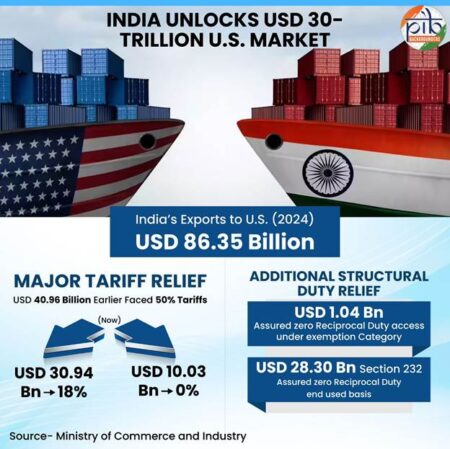The EU’s stringent ecodesign regulations, banning the destruction of unsold goods, could impact Indian exporters.

The European Union has introduced a comprehensive ecodesign regulation, setting high sustainability standards for products sold within the bloc. This new rule, which prohibits the destruction of unsold textiles and footwear, is expected to significantly impact Indian exporters, particularly smaller businesses. The regulation mandates product durability, reusability, and energy efficiency, aligning with other recent EU measures like the carbon border adjustment mechanism and deforestation regulations.
The ecodesign requirements, aimed at minimising environmental impacts throughout a product’s lifecycle, will come into effect 24 months after their publication in the official journal. The European Commission may extend similar bans to other product categories in the future.
Mithleshwar Thakur, Secretary General at the Apparel Export Promotion Council, expressed concerns over the sudden implementation of these regulations, which disproportionately affect smaller industry players. He urged the Indian government to address these issues in bilateral discussions with the EU. Another industry representative described the regulations as non-tariff barriers, emphasising the need to address them in free trade negotiations.
While the European Council’s adoption of the regulations includes temporary exclusions for SMEs, these are deemed insufficient by industry experts. The updated regulation expands the scope of the previous ecodesign directive to include all products sold in the EU, beyond just energy-related items. It also aligns with the Digital Services Act for online products and promotes the public procurement of green products. The regulation covers a wide range of products but exempts certain items like cars and defence-related goods, incorporating requirements for durability, reusability, upgradability, reparability, and resource efficiency.











